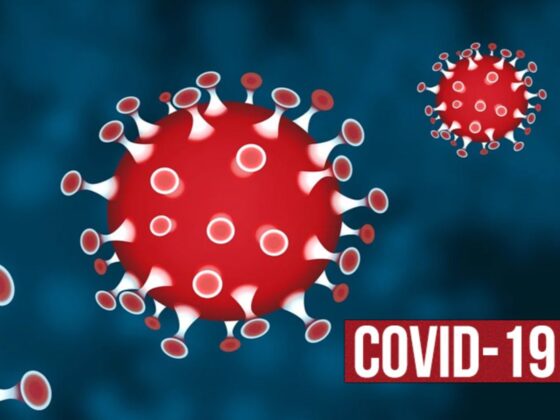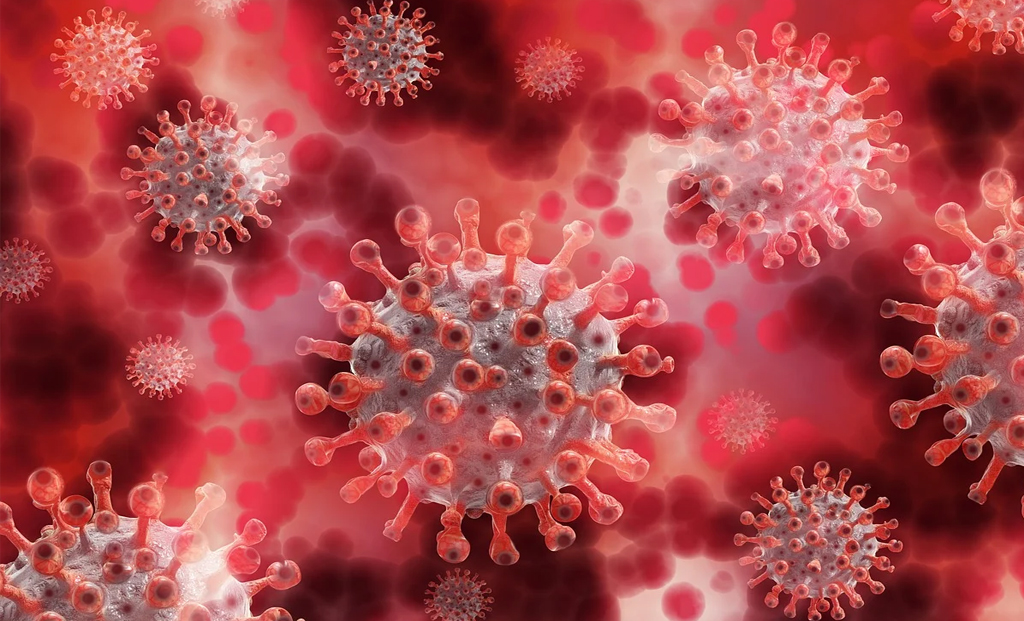Vaccines are more important than ever before, mainly because of the coronavirus outbreak a few years ago. While vaccination is very important, not just to stay safe from Covid-19 but several other diseases as well, there are people who fear injections and avoid getting vaccinated. But this can soon be a problem of the past as a novel mobile vaccine printer may help people get vaccinated via skin patches. The mobile vaccine printer has been developed by researchers at the Massachusetts Institute of Technology (MIT) in the United States. These patches will one day eliminate the need of needles.
The vaccine printer is small in size and easy to carry. It can fit even on a tabletop and can be easily taken to places where vaccines are needed. This vaccine printer can be scaled up to produce hundreds of vaccine doses in a day.
“We could someday have on-demand vaccine production,” said Ana Jaklenec, a research scientist at MIT’s Koch Institute for Integrative Cancer Research. “For example, if there’s an outbreak of disease in a particular region, we can simply ship some of these printers in the area and get the people vaccinate,” Jaklenec added.
Patches produced by the printer have hundreds of microneedles
The patches produced by the printer have hundreds of microneedles. In order to vaccinate someone, all that is needed is to attach the patch to the skin, allowing the vaccine to dissolve. This will remove the traditional usage of injection. The good thing is that these vaccine patches can be stored for months, even at room temperature, after being printed.
Coronavirus: WHO Upgrades Omicron Subvariant XBB.1.16 To Covid ‘Variant Of Interest’ – Here’s What It Means | ALSO READ
According to the study, that has appeared in the journal Nature Biotechnology, the researchers showed how the printer can produce thermostable Covid-19 RNA vaccines and it could induce a comparable immune response to that generated by injected RNA vaccines, in mice.
‘Ink’ used by researchers includes RNA vaccine molecules
Reports said that the ‘ink’ used by researchers includes RNA vaccine molecules that are encapsulated in lipid nanoparticles, which help them to remain stable for long periods of time. The current prototype is capable of producing around 100 patches in 48 hours. However, the researchers are of the view that future versions could be designed to have higher capacity.










